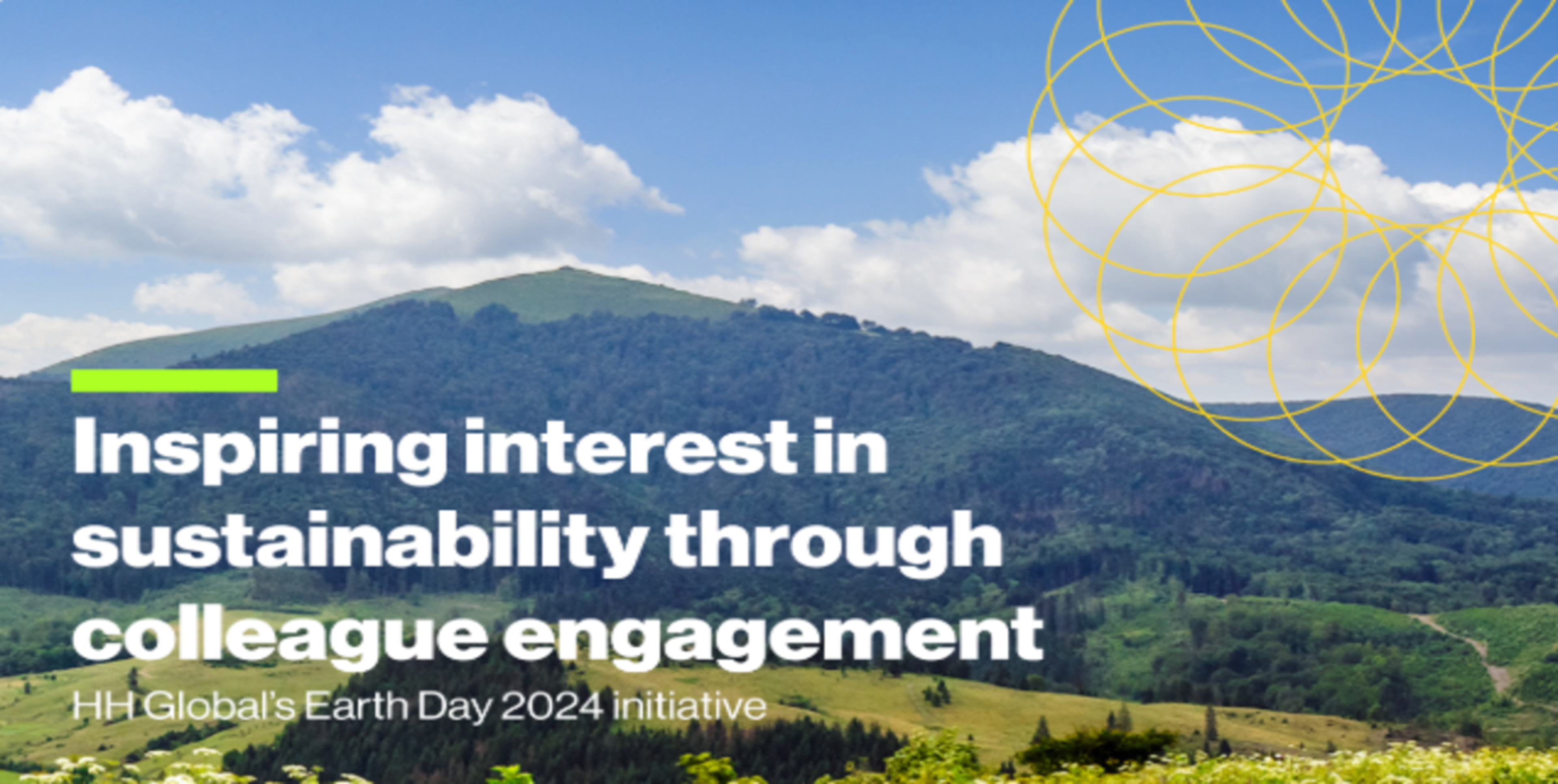Planet-positive should be profit positive
As sustainability claims and corporate net zero pledges proliferate, it is increasingly difficult for us to distinguish between the real deal and the phantom. Yet companies that have put sustainability at the heart of their mission are outpacing their competitors.
Consumers are choosing to spend their money with responsibility in mind, turning away from brands they feel have acted inappropriately, towards ones that they see are part of the solution.
Employees are seeking out employers that share their values.
The broad environmental crises are interlinked and urgent, so we can no longer look at carbon emissions alone. If we fail to avoid the collapse of biodiversity or tackle the mountains of electronic waste we’re generating, we will also fail to deliver a liveable climate.
Informed business leaders know that the economy cannot thrive unless the planet does. They know we need to stop a meaningful restoration economy becoming a commoditised economy that is dominated by low prices, low impact and low engagement.
They also see the enormous potential of working to create a positive society and environment. But to drive value, sustainability actions must be made part of the lived experience of customers and employees rather than living in the pages of the annual report.
Microsoft’s bold pledge to not only go carbon negative by 2030, but also remove sufficient carbon from the atmosphere to balance all of its emissions since its founding in 1975, showed it is possible to stand out by showing meaningful environmental leadership and driving commercial outcomes.
The pledge not only burnished its credentials as a leader in carbon reduction, but also provoked investment in vital carbon geological sequestration technologies that have the potential to be a game-changer as we seek to stabilise our climate. The impact of their investment in carbon sequestration will be many multiples of their spend.
For businesses looking for ways to emulate Microsoft, and do so with a more modest budget, there are ways to make an impact by looking beyond carbon, focusing on quality actions and by offering consumers meaningful choices that bring their actions to life.
Collaboration and partnerships are critical.
We have created Pinwheel for that very purpose: so that eco-engaged individuals and planet-positive businesses can come together to support the highest-quality actions that will repair our planet.
We aim to embed sustainability action into the lived experience of those who matter most, consumers and employees.
We believe the best commercial outcomes are delivered by bringing sustainability choices to life so that a truly impactful coalition for action can be built.
We do this by:
Assembling the most impactful planet saving projects into plans themed by passion points – restoring our wilderness; repairing our oceans; providing clean technology to communities who need it most; and, launching ground-breaking projects that remove and lock carbon away for hundreds or thousands of years
Focusing on high-quality carbon removal, using the Oxford Principles for Net Zero Aligned Carbon Offsetting as a basis, to ensure that only projects that will deliver the best outcomes make it into a plan
Ensuring that we support actions that deliver biodiversity and ecological benefits as well as remove carbon from the atmosphere
Giving businesses, their employees, customers, and individuals the opportunity to subscribe to plans that match their passions
What we are doing is part of a paradigm shift from compensating for harm, to making the biggest contribution possible. We want to support engaged environmentalists to go carbon negative and planet positive.
This paradigm shift can also help business leaders to focus their efforts. Whether it is seeking out mangrove or seagrass planting, which have significantly more carbon removal power than land-based trees, or looking to fund longer-term carbon removal, such as enhanced biomass sequestration (a nature-based ‘reverse mining’ solution), planet positive businesses can multiply the impact of their investments and build a compelling story of true leadership in repairing our planet.
Pinwheel research found that people are as passionate about, and ready to support, activities that tackle e-waste or support habitats and wildlife as they are carbon reduction activities.
As consumers we love choice. We love being in control. Providing a choice of actions or projects speaks to this basic human insight. Choice drives engagement. And engagement drives satisfaction and performance, so businesses get more bang for their sustainability buck. Giving consumers choice also helps businesses to build a picture of what motivates customers, so brands can optimise their broader sustainability strategy accordingly.
Paul Polman, former Unilever CEO, and Andrew Meeting, the sustainable business author, put it best: “The world’s challenges are great, and they cannot be solved without unleashing the vast human, financial, and innovative resources of business”. The good news is that meeting these challenges represents the biggest economic opportunity of our time.
[This article first appeared in the New Statesman, 29 October − 4 November 2021]











